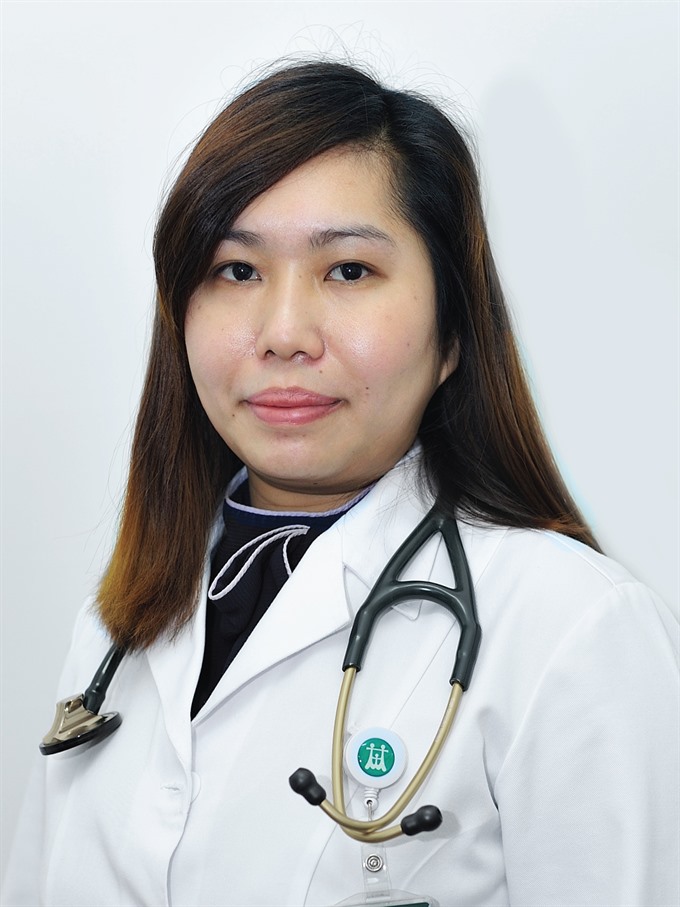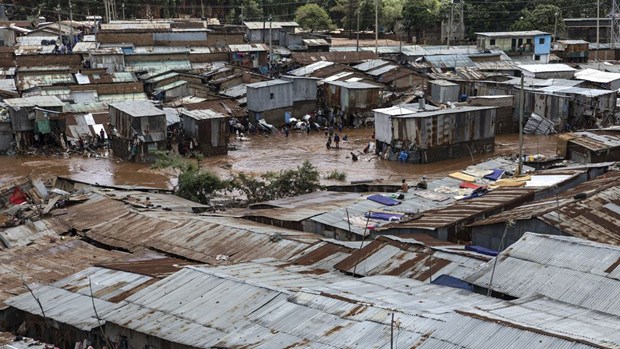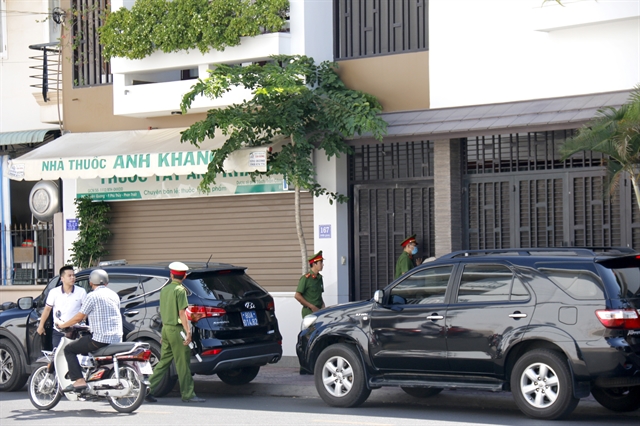 Life & Style
Life & Style

The amount of sleep needed depends mainly on how old you are. Newborn babies up to 1 year old sleep about 16-18 hours per day, school age children about 11-13 hours/day and adults 7-9 hours/day.
 |
| Doctor Catherine Gonzalez. — Photo courtesy of Family Medical Practice Hanoi |
A good night’s sleep…an impossible dream or a nightly reality? For those whose every night is a blissful drift off into peaceful rest you may not need to read any further, but for many of us, getting a good night’s sleep is as elusive as a traffic-free commute on a Monday morning. Hà Nội may not yet be the city that never sleeps, but the hammering of construction at all hours, loud truck horns and the odd roster crowing certainly makes it feel that way sometimes. When counting sheep no longer works, Dr. Catherine Gonzalez of Family Medical Practice Hanoi has some tips and advice.
What is sleep and why do we need it?
Sleep is a natural state of rest for the body, and is common to all mammals, birds and many reptiles and fish. Sleep is not just about energy conservation. In fact, the amount of energy saved during eight hours of sleep is about 50 kCal (the amount of energy in a piece of toast!). Sleep also serves a number of different functions in the body, including hormone regulation and metabolism, wound healing, and immune function and memory consolidation. So the old advice about getting a good night’s rest before those important exams or meetings may be more than just not feeling tired the next day!
But why do we need it? In fact, no one really knows why and most of our conclusions come from observing what happens with lack of sleep. After 17 hours of being awake, your cognitive function is the same as having a blood alcohol level of 0.05 per cent - which is the legal limit for driving in many countries around the world. Most people can testify to feeling pretty awful after staying up all night too.
How it works
The body is controlled by an internal “clock” which runs on an approximately 24 hour circadian rhythm. This “body clock” is controlled by a special part of the brain which regulates body temperature, sleepiness and the release of certain hormones. These hormones (cortisol, melatonin and adenosine) rise and fall in a regular pattern to cause wakefulness and sleepiness. External stimuli such as light or a busy work schedule can also affect and interrupt these patterns. The best night’s sleep occurs when all our internal and external signals are aligned. And the opposite is true too, which is why jet lag occurs.
Not all sleep is the same. There are actually several different stages in a sleep cycle, which lasts about 90-110 minutes in total. Sleep is divided into REM (rapid eye movement) and nonREM sleep. Most of the night is spent in varying stages of nonREM sleep, but most people will have about 3-4 periods of REM sleep during the night – the time of dreams.
How much sleep we really need
The amount of sleep needed depends mainly on how old you are. Newborn babies up to 1 year old sleep about 16-18 hours per day, school age children about 11-13 hours/day and adults 7-9 hours/day. Of course this will vary slightly from one person to the next but the amount of sleep we require is what we need not to be sleepy the next day.
Feeling well rested the next day requires adequate time but also good quality sleep.
What can go wrong with sleep
There are many different types of sleeping disorders. Some cause too much sleep like Narcolepsy, some too little, like Insomnia, and some just poor quality sleep such as Obstructive Sleep Apnoea or Restless Legs Syndrome. Poor sleep can also be an effect of other medical conditions such as heart disease, asthma, reflux, chronic pain, drug and alcohol abuse and mental illness, especially depression and anxiety. If you are concerned about any of these conditions please go and see your doctor to discuss them further, as these issues are beyond the scope of this article.— Family Medical Practice Hanoi
(To be continued on Monday issue 13th January)
* Doctor Catherine Gonzalez is a General Practitioner at Family Medical Practice Hanoi. For more advice on any medical topics, visit FMP Hanoi at 298 Kim Mã Street, Ba Đình. Tel: (04) 3843 0748. E: hanoi@vietnammedicalpractice.com.
FMP’s downtown Hồ Chí Minh City clinics are located at Diamond Plaza, 34 Lê Duẩn, District 1 and at 95 Thảo Điền Street, District 2. Tel: (08) 38227848. E: hcmc@vietnammedicalpractice.com. Emergency Medical Response: *9999. FMP Danang: 96-98 Nguyễn Văn Linh Street, Hải Châu District, Đà Nẵng. Tel: (511) 3582 699. E: danang@vietnammedicalpractice.com.









